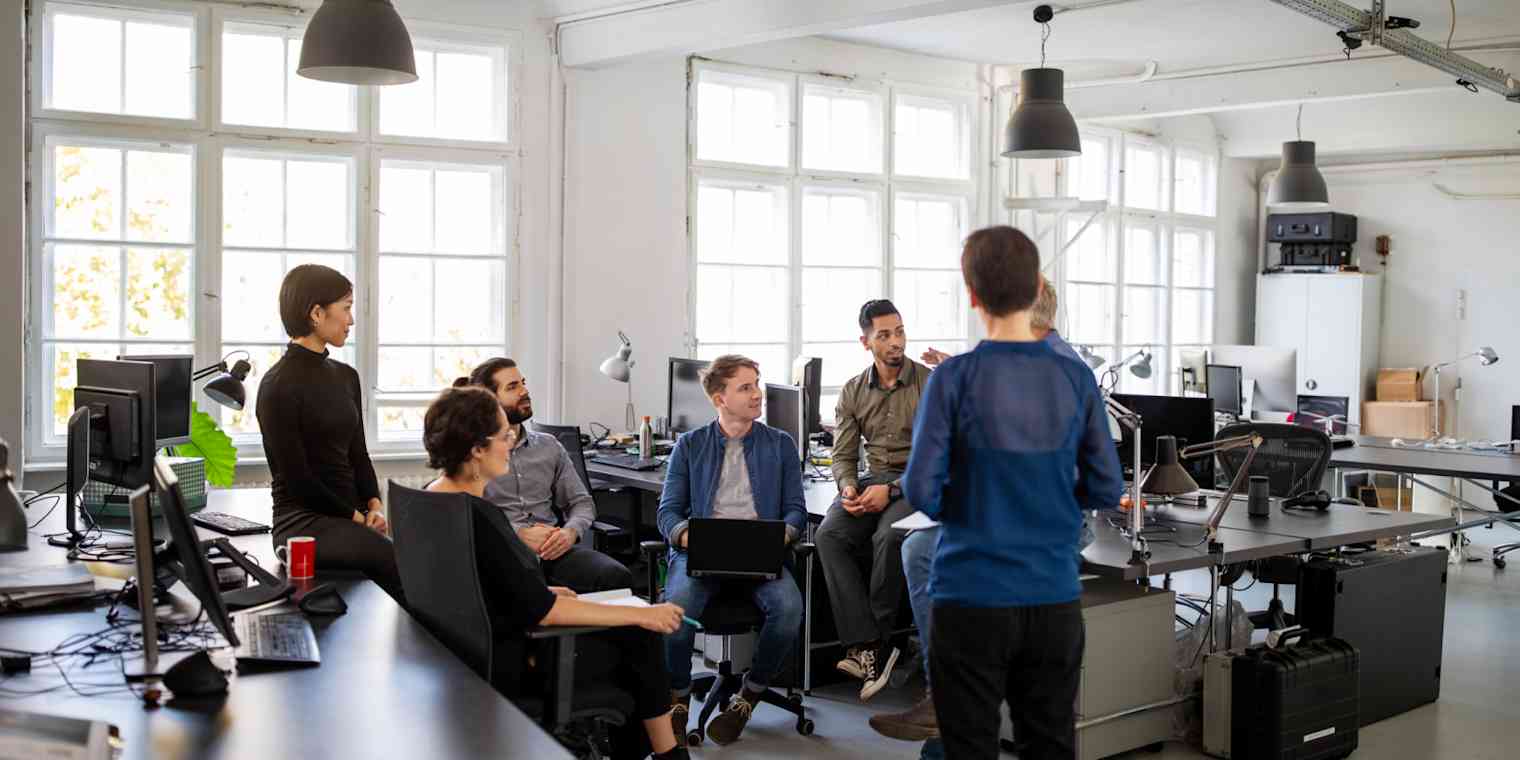In today’s fast-paced and interconnected workplaces, teamwork is important to the performance and satisfaction of employees. A team that’s cohesive and operates well will produce incredible results, create a positive atmosphere for work, and foster personal and collective growth. Both individuals and businesses are becoming aware of the importance of teamwork and turn to tools such as TeamDynamics. These tools offer insights into team dynamics, and use personality tests to promote intentional and rewarding collaboration.
The fundamentals of team dynamics:
The team’s dynamic is the relationship, interaction and the behavior that affects the functioning a group. If teams work effectively, they can achieve greater outcomes than an individual could individually. The dynamic of a group can impact its ability to take decisions, communicate and resolve disputes. The dynamics of a team can impact the morale and motivation of its members, as well as their performance.

Teamdynamics – a technique to improve teamwork
TeamDynamics, a tool for people and groups that believe that teamwork with purpose can transform lives, is designed to help them accomplish this. It’s more than creating teams. It examines the dynamics and personalities of the group as a whole. TeamDynamics gives valuable insights into the communication style of team members and their strengths. It allows managers and teams to improve the effectiveness of the team.
Work teams can benefit from personality tests.
Team personality test for works are an essential component of TeamDynamics. These tests help team members understand their individual traits, behaviours and individual preferences. In determining the distinct traits of each team member, teams can use this diversity to benefit. This will enable them to assign roles strategically, and maximize communication and collaboration.
Building high-performing, cohesive teams:
One of the principal objectives of team dynamics and personality test for teams is to create strong and cohesive teams. Knowing the personalities of a group enables team leaders to adjust their style of leadership and communication techniques to suit the needs of the group. Team members who are more introverted may need different types of recognition or feedback in comparison to more outgoing team members. Team leaders can help create a supportive, inclusive environment by recognizing these differences and catering to them.
Improvement of communication
Conflicts are a part of any team However, how they are addressed can significantly impact the team’s performance and dynamics. Personality tests can provide insight into areas of potential conflict, and offer suggestions on how to resolve them efficiently. By understanding each person’s style of communication and preferences, team members are able to engage in more open and empathetic communication, leading to a quicker resolution of conflict and stronger team relations.
Inspiring creativity and innovation in teams:
Diverse teams with diverse personalities are more innovative and imaginative. The different perspectives and skills that different personalities bring can result in innovative solutions and concepts. Team leaders can utilize personality tests to develop well-rounded, creative teams that draw the best from each individual’s strengths.
Employee engagement and satisfaction can be improved:
Engagement and satisfaction of employees are more likely to be high when a team values and appreciates each individual’s contribution. Employees are more invested in the success of the group when they feel appreciated, valued, and seen. TeamDynamics personality tests as well as group dynamics are used to build a positive, supportive culture in the workplace. This will lead to an increase in satisfaction with work and a reduction of turnover.
Evaluation of team performance and progress:
Team dynamics can be evaluated often and the progress of team members tracked to pinpoint areas for improvement and to celebrate team successes. Leaders can make use of the findings of personality tests to improve team cohesion, rethink roles, and alter strategies. By monitoring the team’s dynamics continuously teams can adjust to changes in the workforce, industry, or objectives of the organization, and remain agile and resilient when faced with challenges.
The importance of having high-performing and cohesive teams in the constantly evolving environment of work cannot be overemphasized. Tests for personality and team dynamics are becoming powerful tools to unlock the secrets of effective teamwork. Organizations can maximize collaboration, boost innovation and create an atmosphere where employees feel appreciated. TeamDynamics as it continues to grow is set to be an important asset for individuals and organizations committed to rewarding and deliberate collaboration. The power of team dynamics, personality tests and teamwork are a clear path to collective achievement and outstanding teamwork.